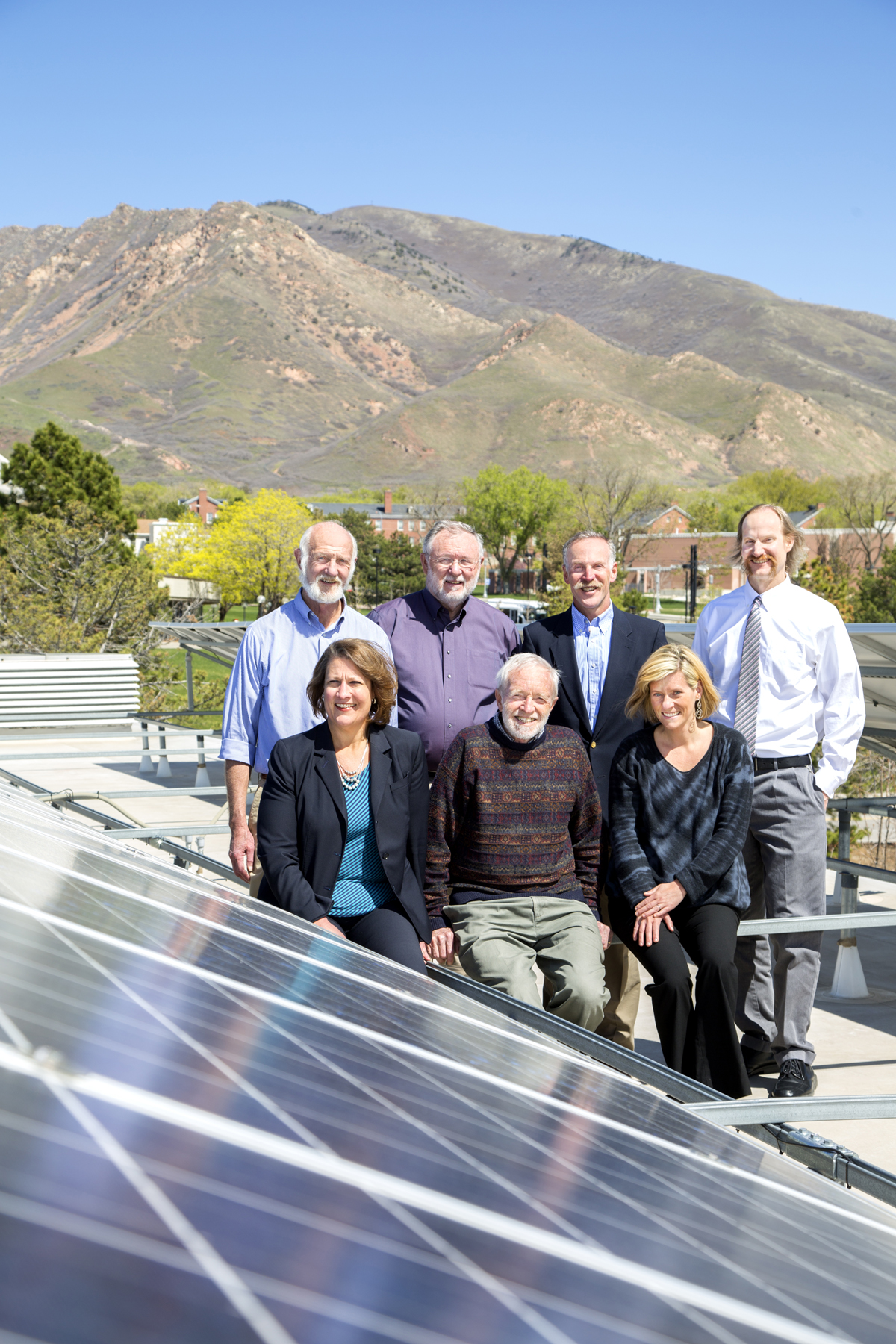
I view universities as the context where the most visionary, path-breaking approaches to urgent challenges should be explored. If not within the academy, where creative thinkers from a wide range of fields work in close proximity in an environment where risky work is allowed if not encouraged, then where would we hope to address societal concerns such as prevention of disease and disability, climate change, air quality, and the analysis, synthesis and application of large quantities of data?
This reasoning is what compelled us to create the Transformative Excellence Program (TEP), a faculty cluster hiring effort built around ideas that emerged from the faculty. The TEP is designed to amplify existing strengths of the university, address urgent problems, and raise the capacity, visibility and impact of Utah scholars through the highly strategic addition of a small cluster of new hires across disciplines. More than 20 clusters were proposed; submissions were reviewed by a team representing many fields. Strategic hiring within four promising clusters will be supported in this initial cycle:
• Lifespan Health and Wellness (Dean Cindy Berg, cluster leader)
• Digital Humanities (Department Chair Barry Weller, cluster leader)
• Large-Scale Data Analysis/Utah Statistical Center (Department Chair Peter Trapa, cluster leader)
• Society, Water and Climate (Department Chair Andrea Brunelle, cluster leader)
These clusters bridge departments and cross colleges, bringing together teams with varied expertise and research traditions, with the idea that these combinations have potential to advance knowledge, facilitate understanding, and promote viable solutions to pressing issues of the 21st century. The model is not unlike that of celebrated research institutes, such as Bell Labs (see The Idea Factory), and recognizes that the boundaries of university departmental structures are highly permeable.
Many, many promising ideas were submitted, and I regret that available resources did not allow us to support a greater number of good ideas in this pilot phase. I hope that this initial effort is a success and that we learn from it in order to support a “Phase 2” of the TEP where additional proposals can be solicited and selected.
Each of the thematic clusters received a small amount of funding to assemble scholars from across the campus with shared interests and expertise, though a conference, event, or high profile visitor, for example. I hope that you will take the opportunity to participate and see what is possible. If this initial round is not relevant for your work, give some thought to a future cluster proposal. Please contribute what you can to foster the success of this program. We share in each other’s success. As the University of Utah advances in achievement and visibility, opportunities increase for all. As U faculty members generate solutions to urgent challenges, we progress as a society as well as a community of scholars.
